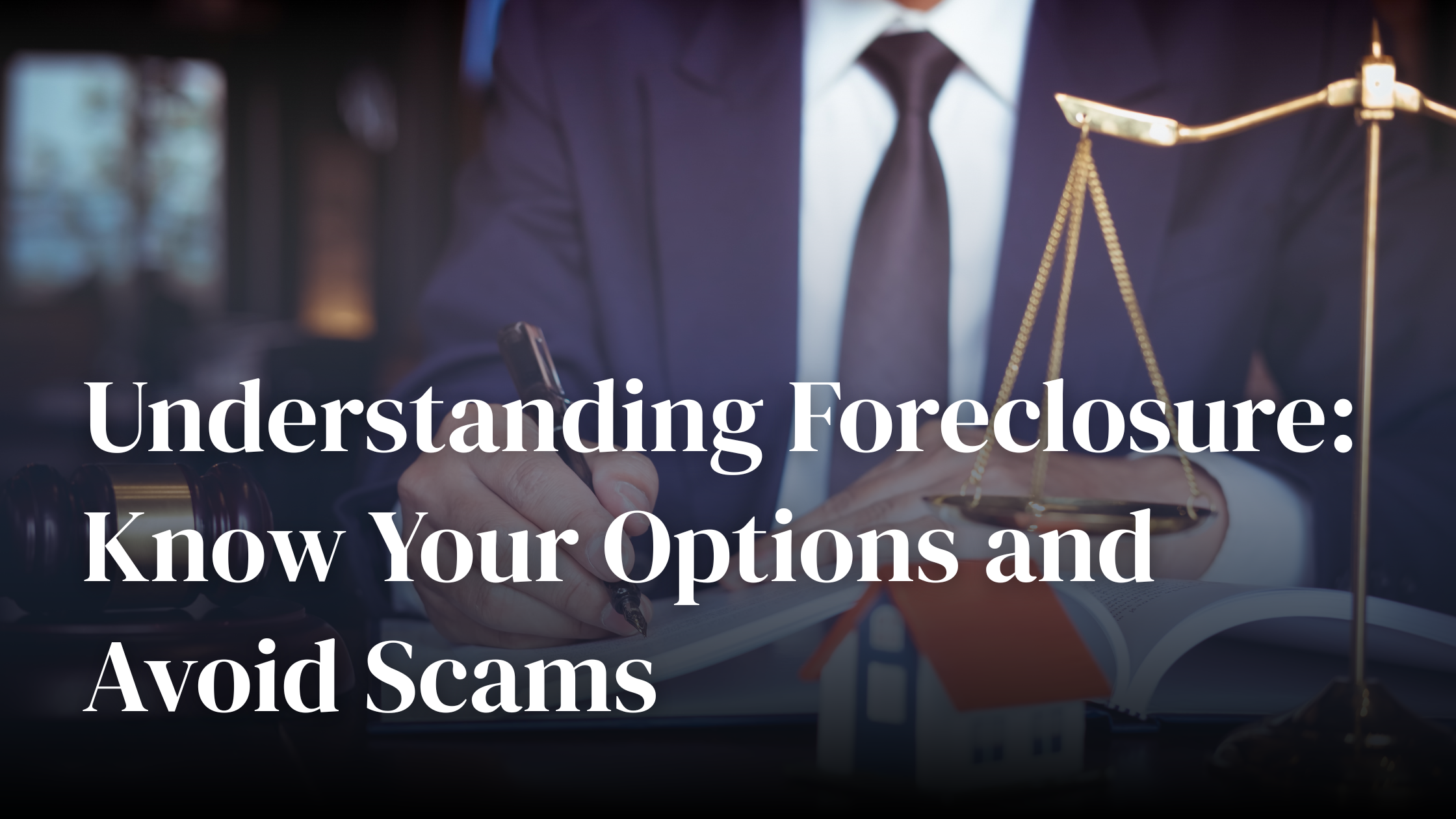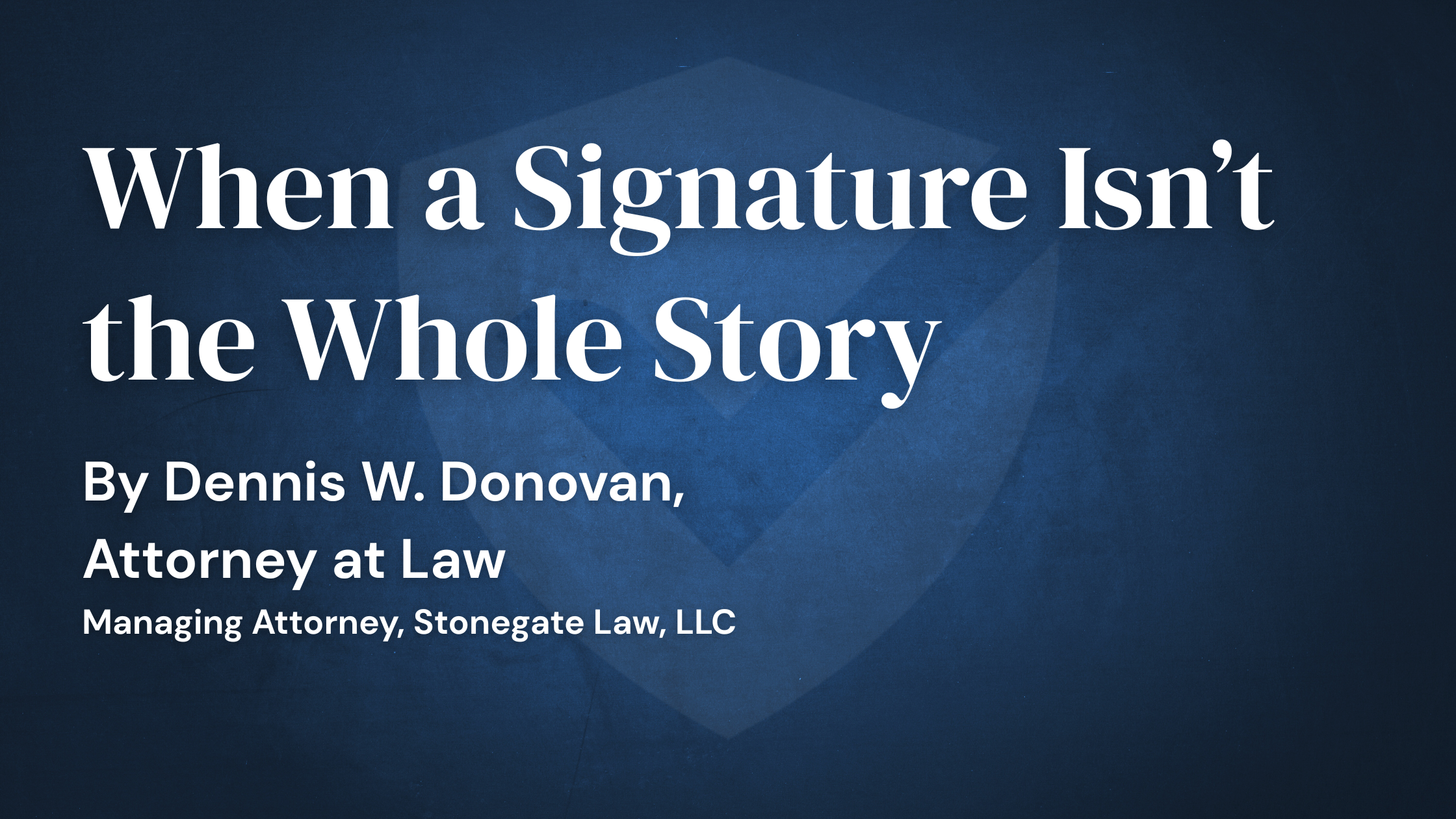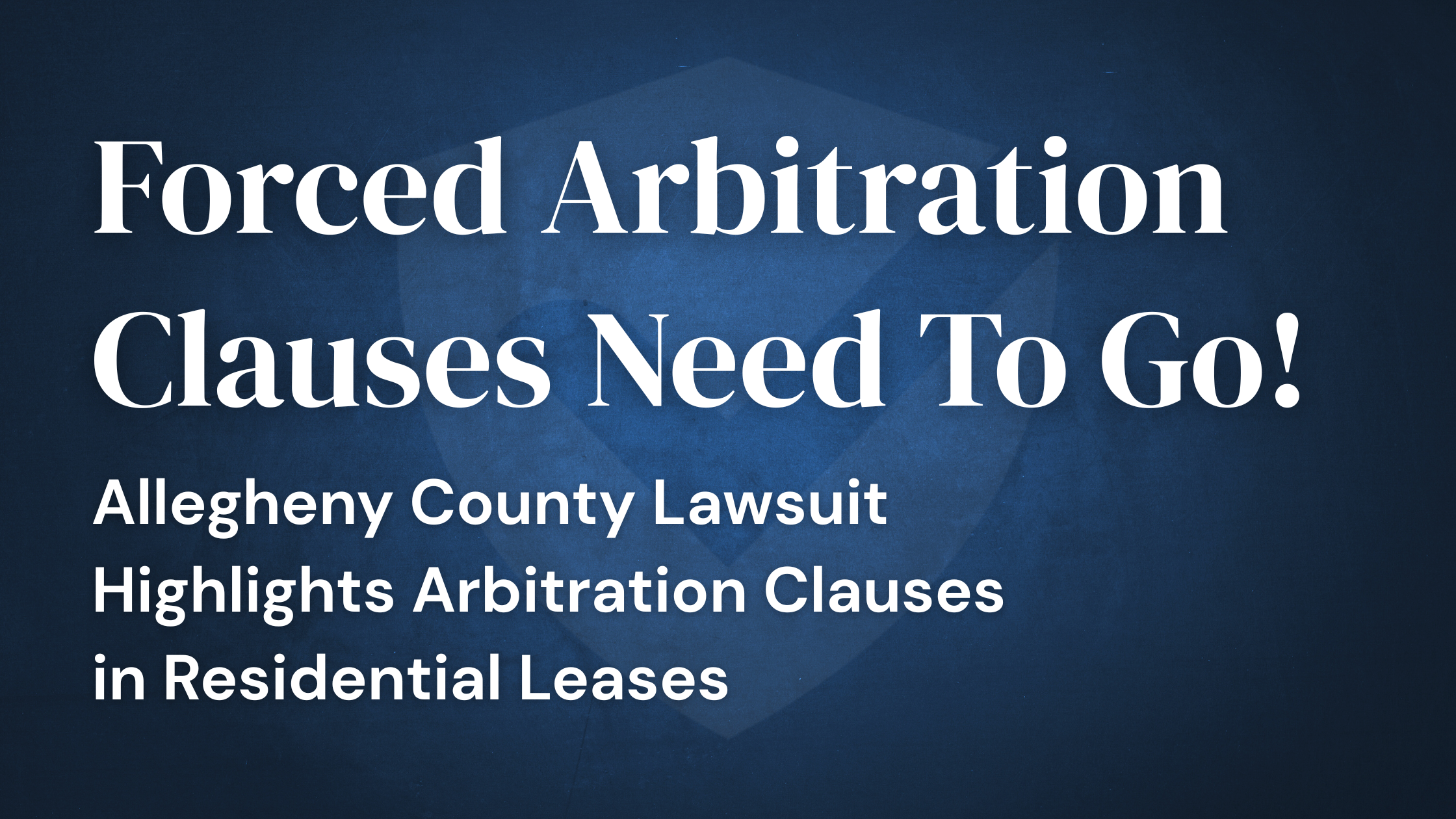If you’re facing foreclosure, it’s normal to feel overwhelmed or uncertain about what comes next. But remember, you’re not out of options. You can still take action to either keep your home or sell it quickly before the foreclosure process concludes.
How Does the Foreclosure Process Work?
The foreclosure process varies depending on your state. Generally, it falls into two types:
- Judicial Foreclosure: This process involves court oversight. Your lender files a lawsuit, and a judge decides if foreclosure is justified. You have the opportunity to respond or defend yourself in court.
- Nonjudicial Foreclosure: In some states, lenders can foreclose without involving the courts. Defending against this type of foreclosure is more complicated—you’ll usually need legal assistance to challenge it effectively.
If you’re worried about foreclosure, it’s crucial to seek legal guidance immediately—especially if you believe you’ve been misled by your lender or involved in a scam. Organizations like the National Association of Consumer Advocates (NACA) can connect you with attorneys specializing in foreclosure issues.
Government Programs to Help You Keep Your Home
Several federal programs offer help to homeowners struggling to make mortgage payments. One notable initiative is the Home Affordable Modification Program (HAMP), introduced under the Making Home Affordable Program (MHA). HAMP encourages loan servicers to reduce monthly mortgage payments to make them more manageable.
However, navigating the modification process can be complicated. It often requires persistence, legal knowledge, and the assistance of housing counselors or consumer advocates.
Useful resources include:
- U.S. Treasury’s Making Home Affordable Program
- U.S. Department of Housing and Urban Development (HUD)
- Federal Housing Finance Agency (FHFA)
Beware of Foreclosure Rescue Scams
Unfortunately, homeowners facing foreclosure are often targeted by scammers offering deceptive “rescue” services. These scams can leave homeowners in an even worse financial situation.
Common foreclosure rescue scams include:
- Bailout Scams: Scammers pay your overdue mortgage in exchange for your home’s title, claiming you can rent and later buy back your home. In reality, you’re likely to lose your home and all equity.
- Bait-and-Switch Scams: Homeowners unknowingly sign over their home’s title, believing they’re simply refinancing or obtaining a new loan.
- Phantom Help or “Loan Modification Specialists”: Scammers charge high fees for services you could do yourself, offering false promises of negotiating loan modifications with lenders.
If an offer seems too good to be true, it usually is. Always speak with an attorney or a trusted housing counselor before agreeing to any deals or paying fees.
If you suspect you’ve been scammed, report it immediately:
- Federal Trade Commission (FTC): 1-877-FTC-HELP (1-877-382-4357)
- Your State Attorney General’s office
Reverse Mortgages: Helpful Tool or Potential Risk?
Reverse mortgages allow homeowners aged 62 and older to turn their home equity into cash without selling their home. While beneficial for covering unexpected expenses or supplementing income, reverse mortgages can also attract fraudsters and unscrupulous lenders.
If you’re considering a reverse mortgage, protect yourself by:
- Shopping around and comparing loan offers.
- Understanding all terms and conditions.
- Speaking to reputable sources like AARP’s Reverse Mortgage Education Project.
If you suspect fraud in your reverse mortgage transaction, contact:
- FTC: 1-877-FTC-HELP (1-877-382-4357)
- Your State Attorney General’s office or banking regulatory agency
By staying informed and seeking help when needed, you can navigate foreclosure processes and protect yourself from financial harm.





